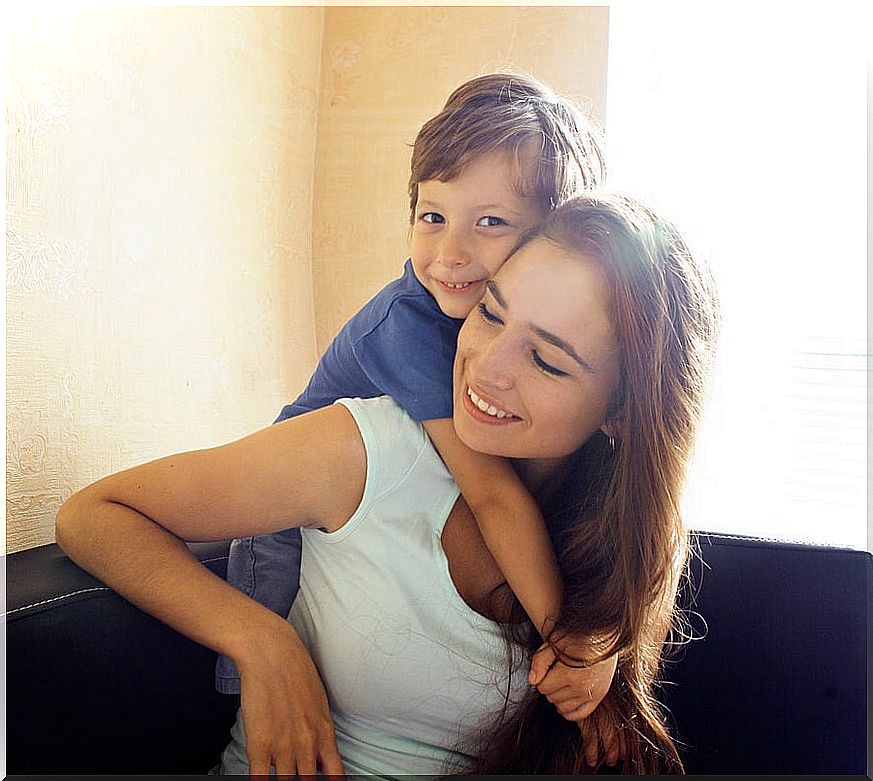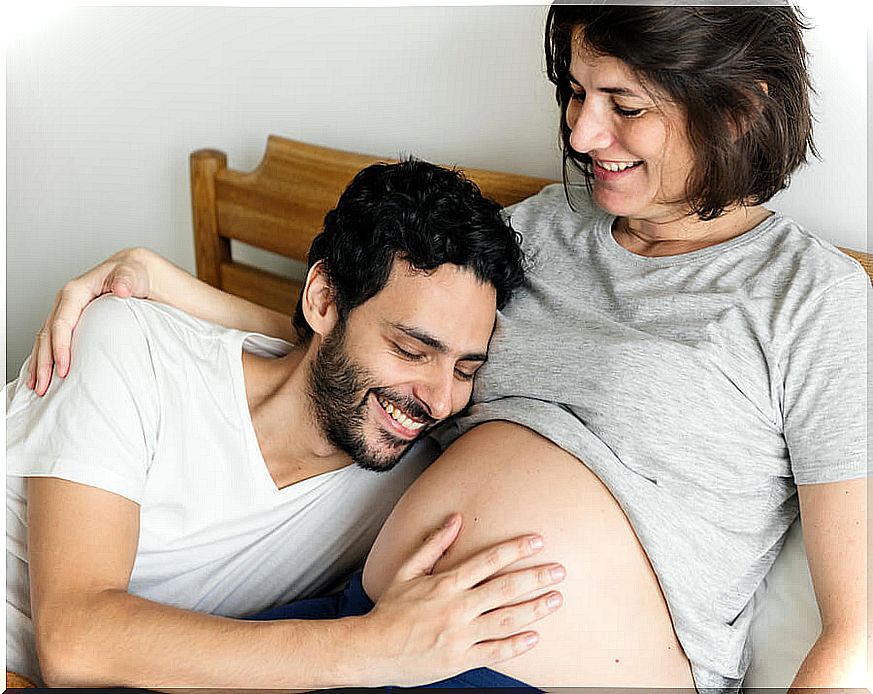Mother’s Last Name Before Father’s?

Changing cultural traditions is not always an easy task. However, the laws are gradually accompanying this trend. Currently, it is possible to register a child with the mother’s last name first. Also, there is still a lot of misinformation about it in most people.
Although there are already couples who have decided to use this new modality, there are still those who do not know the procedure. In addition, in some cases, it becomes difficult to reach an agreement, and even more so with the paternal family.
Where was the mother’s last name placed before?
For a long time, it has been natural to bear a double surname, although that of the father always prevailed. It was a fact that was taken for granted and assumed by all. It had become a habit of a patriarchal society, which was totally naturalized. With cultural changes, this began to be seen as a kind of discrimination ; actually, both surnames must have the same value.
Some years ago, it began to be allowed to use the mother’s last name in the first place. To register the newborn, they both had to agree and meet certain requirements. For example, if the mother could not go to the Civil Registry, she had to send a certified document of acceptance. It was a procedure that continued to hinder free decision.
Until 2017, if there was no agreement, the paternal one was placed by default. It is clear that the election was related to cultural ideologies; There are no certain arguments to support this custom.

What change can be entered with the mother’s last name first?
Since June 2017, parents have chosen the surname they want to enter without much formality. It only obeys the preference they have at the time of the child’s birth. The Registry offers them three days to dialogue if they are not convinced; Upon passing the period stipulated by law, it will be the person in charge of the place who defines it.
The important thing is that the new modification makes it clear that it is not an obligation that the father’s last name be the first, but that the decision must be based on the interest of the minor. Perhaps it can be according to the aesthetic sound of the surnames, or through some other method. Similarly, there are those who doubt that this section ends in the same habit as always. Therefore, the ideal is that it is defined within the family.
Can the order of the surnames be reversed once registered?
In those cases in which it is desired to reverse the order of the surnames of a minor once registered, it is possible to do so. They must submit a letter to the Civil Registry with the request for this procedure. The affiliation data is a right and is part of the dignity of the person. Therefore, it should not be a game or a whim, but must be done with total responsibility.
Those who have reached their majority have the possibility to present themselves alone and change their surname; they do not require authorization from their parents. What is taken into consideration is that they are real data; that is to say, that they are legitimately surnames of the applicant.
Reasons to approve the surname change
Sometimes, there may be some reasons that encourage the change of surname, so it should be done for the good of the family nucleus. Here we are going to explain some of these reasons:
- Maintain a valid Spanish surname with risks of extinction: It refers to the national level and not merely to a family issue.
- Favor the integrity and self-esteem of the person: When surnames are mocked or lack good decorum, they are modified.
- People who have been victims of violence and are under precautionary measure: In these cases, they are not required to maintain both surnames.

How does a change in the order of surnames affect siblings?
By choosing the mother’s last name as the one that predominates, the rest of the children will also have this benefit. This will serve for all members of the family nucleus. However, this is not a requirement for those of legal age who make their modification. Once they are 18 years old, by altering the place of their surnames, this does not affect their siblings. It is a voluntary and personal choice that does not entail consequences for the rest of the close family.
As a conclusion, people continue to gain individual and social rights. The law must guarantee that everyone has the necessary guarantees. Now, it is up to the responsibility of the people how it is used.
Some may choose to stick with traditions, others to choose a new trend. However, everyone chooses freely and gratuitously, with consensus and dialogue as essential mediators.










